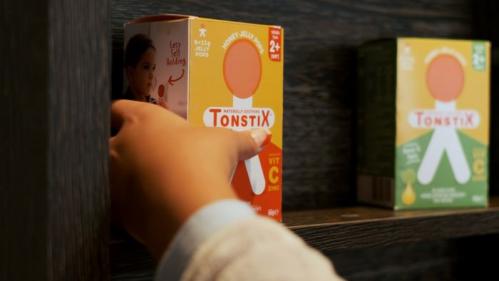At 39 months old your child will be mature enough that her meals should not be any different from the rest of the family. Naturally, there will be certain foods she loves and certain foods she hates, but by now she should be eating the same foods as you.
Your Child’s Development
The diet of your 39 month old child should consist of three full meals with 2 snacks each day. Dairy products (incl. milk) should be limited to no more than 500 - 700g (16 to 24 oz.) per day and juices be limited to no more than 100 - 200ml each day (and even then should ideally be watered down and consumed around mealtimes). Her meals and snacks should consist of a variety of healthy foods in order to encourage lifelong good eating habits. Although pasteurised whole cow’s milk will not harm your child, it is high in calories and fat. Experts recommend that a 3 year old child consumes low fat (or skimmed) milk to avoid unnecessary calories, so you may want to change over now if you haven’t already.
Good eating habits are acquired at a young age. Teach your child how to feed herself and let her make decisions about her food. As long as you give her choices that are healthy, she will make the right decision.
All children will go through stages where they are picky eaters. When this happens, parent’s often worry their child does not get the recommended amounts of foods in their diet. Even though your child may not be eating as well as they should, in most cases it is no cause for concern. As long as they are growing properly and have a normal level of energy you should not have to worry. A child may eat poorly one day and well the next. Over the period of a week, the diet will usually balance out. If you are concerned about your child’s eating habits, talk to your doctor. He may suggest the use of a daily children’s vitamin.
To instil a healthy attitude about food, there are some things you want to avoid:
- Never use food to bribe or reward a child for their behaviour. This can lead to a problematic attitude about food.
- Do not let your child over indulge in liquids throughout the day, especially juices which are usually high in sugar and can ruin a child’s appetite.
- Limit the amount of sweets your child eats. This includes starchy or sweet cereals. Try to keep sweets for special treats only.
- Do not let your child eat too many empty calories such as crisps. Instead, offer fresh fruits and vegetables as snacks.






